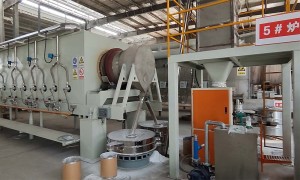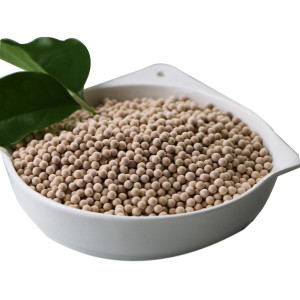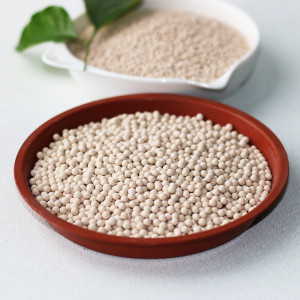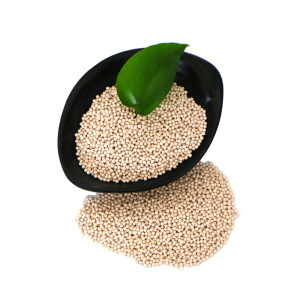Water Purification And Wastewater Treatment
molecular sieves show great potential in the field of wastewater treatment, helping to improve the efficiency and quality of wastewater treatment
Molecular sieves play a significant role in wastewater treatment, mainly in the following aspects:
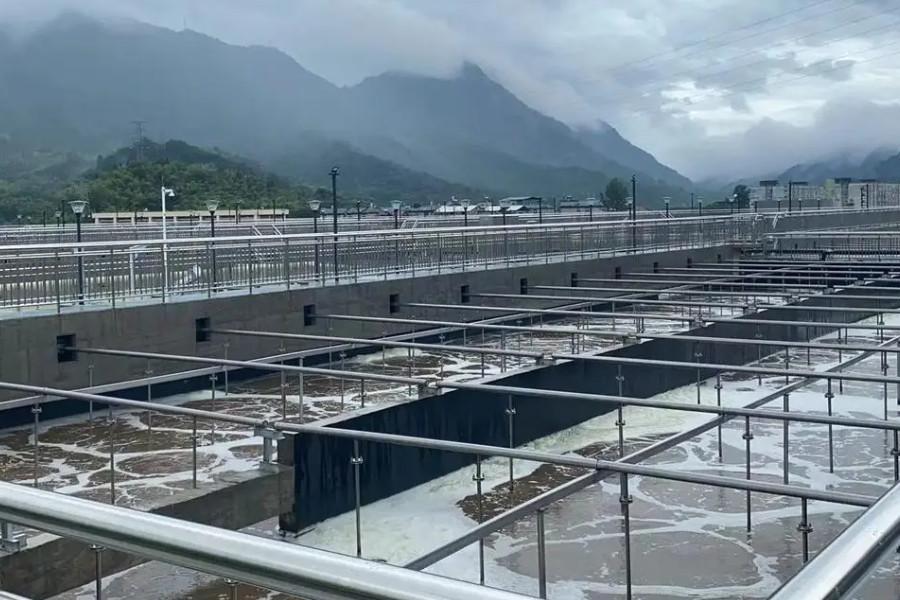
Adsorption of Pollutants: Molecular sieves have a uniform pore structure and a large specific surface area, which effectively adsorb organic pollutants and heavy metal ions in water.
Water Purification: Molecular sieves can remove organic and inorganic impurities, as well as metal ions from industrial wastewater, achieving water purification.
Heavy Metal Removal: Molecular sieves are particularly suitable for removing heavy metal ions from wastewater, such as lead, cadmium, chromium, etc., reducing the harm to the environment and human health.
Agricultural Wastewater Treatment: In agricultural wastewater, molecular sieves can be used to remove pesticide residues and nitrogen and phosphorus components from fertilizers, reducing eutrophication of water bodies.
Regeneration and Reuse: Molecular sieves can be regenerated and reused, reducing the operating costs of wastewater treatment, and without generating secondary pollution.
Geopolymer-Based Molecular Sieves: Industrial waste residues can be transformed into geopolymer-based molecular sieves through specific synthesis methods for industrial wastewater treatment, achieving resource utilization and the purpose of "waste treatment with waste."
Fly Ash-Based Zeolite Molecular Sieves: Zeolite molecular sieves prepared from fly ash can effectively remove nitrogen-containing pollutants from wastewater, reducing eutrophication of lake water bodies.
As an environmentally friendly adsorption material, molecular sieves show great potential in the field of wastewater treatment, helping to improve the efficiency and quality of wastewater treatment, while achieving environmental protection and sustainable use of resources.
